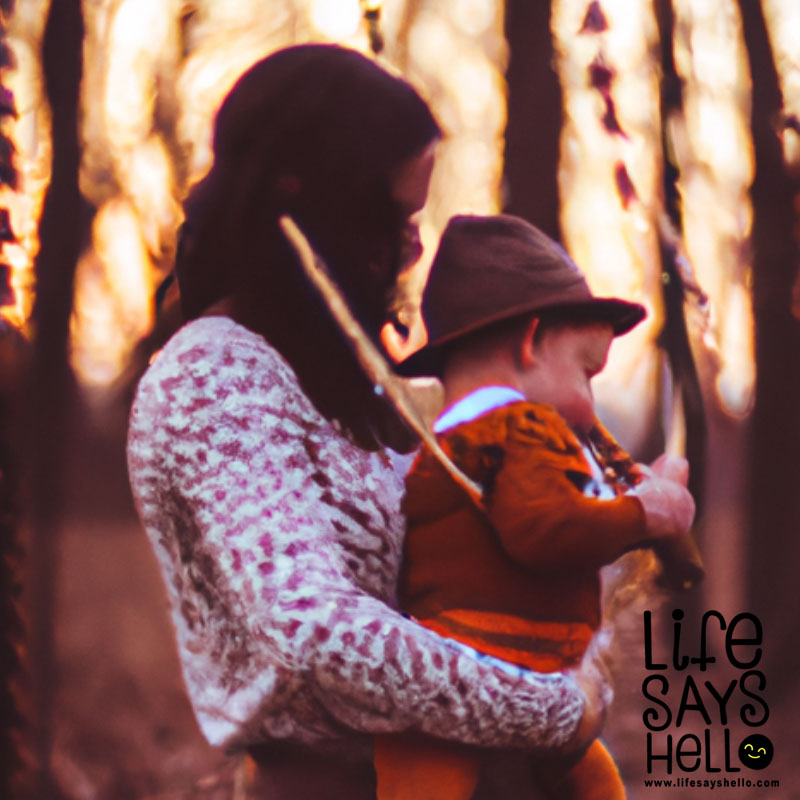Parenting Styles Decoded: A Complete Guide to the 4 Main Approaches

How you choose to raise your kids can have a lasting impact. Discover the core differences between authoritarian, authoritative, permissive, and uninvolved parenting.
Parenting is one of the most important, rewarding, and challenging jobs any of us can take on. The way you approach parenting can have a profound effect on your children’s behavior, attitudes, relationship with you, and future development. Researchers have identified four main parenting styles that capture the core differences in how parents interact with and attempt to control their children. Read on to learn about authoritarian, authoritative, permissive, and uninvolved parenting styles. Understanding these styles can help you evaluate your own approach and figure out what works best for your unique family situation.
Authoritarian Parenting: Strict Rules and High Expectations
The authoritarian parenting style is characterized by rigid rules and expectations, little open communication, and harsh discipline. Of the four parenting styles, this one is considered the most controlling and dictatorial. The key traits of authoritarian parents include:
- High demands and expectations for obedience and respect from children
- Strong control over their children’s behavior through restrictive rules
- Little nurturing, warmth or responsiveness to their children’s emotional needs
- Tendency to use punishments like yelling or grounding rather than explanations when rules are broken
- Lack of give-and-take with their children; they expect orders to be followed without question
The aim of the authoritarian parent is to shape their children’s behavior to strictly conform to their expectations. Order and discipline are highly valued in this style. Authoritarian parents often believe in traditional gender roles and expect their kids to follow suit. Creativity and independence are not encouraged.
Research shows kids of authoritarian parents tend to be timid, withdrawn, and unsure of themselves. Without the chance to make decisions for themselves, they can lack confidence and initiative. Authoritarian parenting can also lead to behavior problems since the rigid rules tend to elicit rebellion and defiance in many children. This style works best in situations where safety is a major concern, such as during a medical emergency. However, exclusively authoritarian parenting can be problematic when taken too far.
Authoritative Parenting: The Balancing Act
While authoritarian parents place heavy emphasis on discipline and control, authoritative parents strive for a balance between setting reasonable expectations and being responsive to their kids’ emotional needs. This parenting style combines the demanding nature of authoritarian parenting with a high degree of warmth and acceptance.
Here are some hallmarks of authoritative parenting:
- Setting clear standards and limits but allowing some flexibility based on situation
- Listening to children’s viewpoints and encouraging independence
- Providing warmth, nurturance, and support for their children
- Using reasoning to explain rules rather than punishing as a first resort
- Accepting feedback and being willing to negotiate conflict
The authoritative parent is assertive but recognizes the developing independence of their child. This style promotes high standards paired with emotional connection. Research suggests the authoritative approach leads to kids who are self-disciplined, capable, and socially adept. Support with some level of autonomy helps build self-esteem and mental strength. Rules are followed not out of fear, but out of respect for the parent and internal motivation.
While effective, even authoritative parenting can go too far. Parents who lean authoritarian while believing they are authoritative may micromanage their children’s lives under the guise of high standards, impairing their ability to think for themselves.
Permissive Parenting: Freedom and Flexibility
Permissive parents take a very different approach, emphasizing freedom over discipline. They make few demands and are highly responsive to their kids’ needs and wishes. Permissive parents act more as friends than authority figures. Here are some permissive parenting behaviors:
- Allowing children to do as they please with few or no limitations
- Avoiding exerting control or setting expectations
- Being warm and accepting nearly all the time
- Letting children determine their own activities and schedules
- Tending to dislike discipline and confronting misbehavior
Permissive parents do not like placing heavy demands or restrictions on their kids. They believe autonomy helps children develop creativity and good decision-making skills. However, permissive parenting poses several risks. Without any rules to push against, kids of permissive parents may lack self-discipline and personal responsibility. These children are also more likely to struggle with impulsiveness, aggression, and defiance issues since they are accustomed to getting their way.
But again, balance is key. Allowing some level of freedom helps build confidence and individuality in children. Permissive parenting in moderation can work well when kids are already disciplined and responsible. The catch is ensuring the child still feels secure and knows the parents are ultimately in charge.
Uninvolved Parenting: Lack of Boundaries and Support
At the far end of the spectrum lies the uninvolved parenting style. These parents provide little nurturing, guidance, and supervision. They do not set limits or make demands, but also are not involved enough to be considered permissive. Uninvolved parents tend to be detached, unresponsive, and sometimes outright rejecting or neglectful. Here are some signs of uninvolved parenting:
- Being emotionally distant and unavailable to the child
- Overlooking misbehavior and not providing discipline
- Failing to provide basic needs like food, medical care, and supervision
- Having little knowledge about the child’s friends, school, or activities
- Appearing indifferent about the child’s experiences and problems
Uninvolved parenting is classified by both lack of responsiveness and lack of demandingness. This disinterested style can stem from depression, substance abuse, or other personal problems impairing the parent’s abilities. But in all cases, it puts children’s development at serious risk.
Kids raised with uninvolved parents tend to struggle academically, behaviorally, and psychologically. They often feel invisible, unsupported, and develop low self-esteem. These children typically lack self-control since no one taught them to regulate their actions. The disengaged approach of uninvolved parents can lead to defiant behavior or delinquency.
Conclusion: Find What Works for Your Family
In summary, parenting styles ultimately reflect the philosophy of the parent regarding how much control to retain over their children versus how much freedom to permit. Authoritarian and uninvolved parents sit at opposite ends of the spectrum. Both styles have disadvantages, while authoritative and permissive styles strike a balance when done correctly.
The truth is every family is different, and there is no universally superior parenting style. The “right” approach depends on your child’s disposition, your cultural backgrounds, and what challenges you face as a family. Your parenting values and style may even change as your children grow older. The key is being flexible, setting reasonable boundaries, and giving your kids both guidance and room to gain autonomy as they mature.
Stay reflective about your parenting methods. If you tend to be too controlling, look for ways to open discussion and offer more choices. If you are too permissive, consider adding some rules to provide needed structure. And remember to be patient with yourself. There is no such thing as a perfect parent. Just showing your children love while doing your best to balance their wants and needs sets them up for success.




Comments